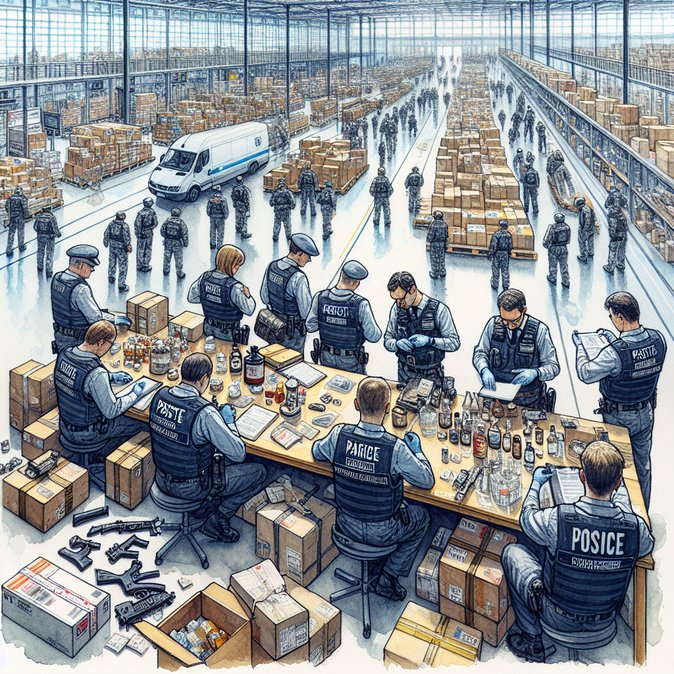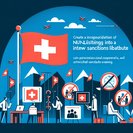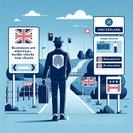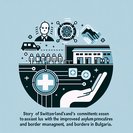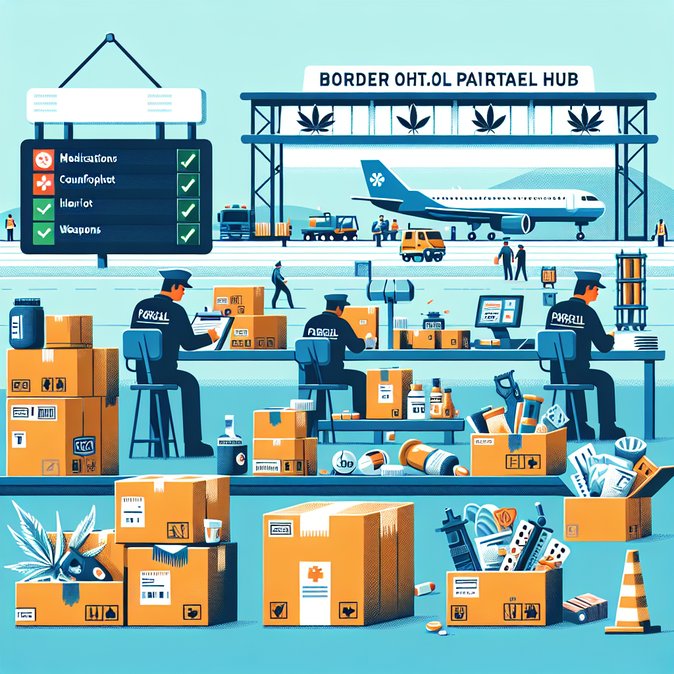
In an unannounced 48-hour operation on 7 November 2025, the Federal Office for Customs and Border Security (BAZG) inspected several major parcel centres serving the Greater Zurich area. Officers opened more than 12,000 consignments ordered from foreign e-commerce platforms and intercepted 1,088 shipments that violated Swiss import rules. Most seizures involved prescription medicines shipped without the mandatory Swissmedic authorisation, followed by brand-name counterfeits and small weapons accessories.
According to BAZG, the volume of direct-to-consumer imports has doubled since the pandemic, straining risk-based controls. Switzerland applies the principle of “importing customer = declarant”, meaning that private shoppers – not the platforms – are legally responsible for customs compliance. Many buyers remain unaware that medicines, food supplements and imitation luxury goods are classed as prohibited or restricted.
![Swiss Customs Seizes 1,088 Prohibited Parcels in Zurich Region Spotlight Check]()
The spotlight check is part of a broader border-management strategy that blends data analytics with random on-site inspections. BAZG used advance electronic manifest data to target shipments with mismatched tariff codes or suspiciously low declared values. The agency says it will intensify similar operations in 2026, especially ahead of the Christmas peak, and is urging employers that rely on cross-border e-commerce (for example to supply expatriate staff) to brief employees on Swiss import rules and potential fines.
For global mobility managers, the message is clear: personal online shopping by relocating employees can trigger customs penalties and even criminal proceedings. Multinationals are advised to update relocation handbooks to include a section on Switzerland’s strict rules for medicines and counterfeit goods and to remind cross-border commuters that parcels are subject to the same controls as accompanied baggage.
According to BAZG, the volume of direct-to-consumer imports has doubled since the pandemic, straining risk-based controls. Switzerland applies the principle of “importing customer = declarant”, meaning that private shoppers – not the platforms – are legally responsible for customs compliance. Many buyers remain unaware that medicines, food supplements and imitation luxury goods are classed as prohibited or restricted.

The spotlight check is part of a broader border-management strategy that blends data analytics with random on-site inspections. BAZG used advance electronic manifest data to target shipments with mismatched tariff codes or suspiciously low declared values. The agency says it will intensify similar operations in 2026, especially ahead of the Christmas peak, and is urging employers that rely on cross-border e-commerce (for example to supply expatriate staff) to brief employees on Swiss import rules and potential fines.
For global mobility managers, the message is clear: personal online shopping by relocating employees can trigger customs penalties and even criminal proceedings. Multinationals are advised to update relocation handbooks to include a section on Switzerland’s strict rules for medicines and counterfeit goods and to remind cross-border commuters that parcels are subject to the same controls as accompanied baggage.
